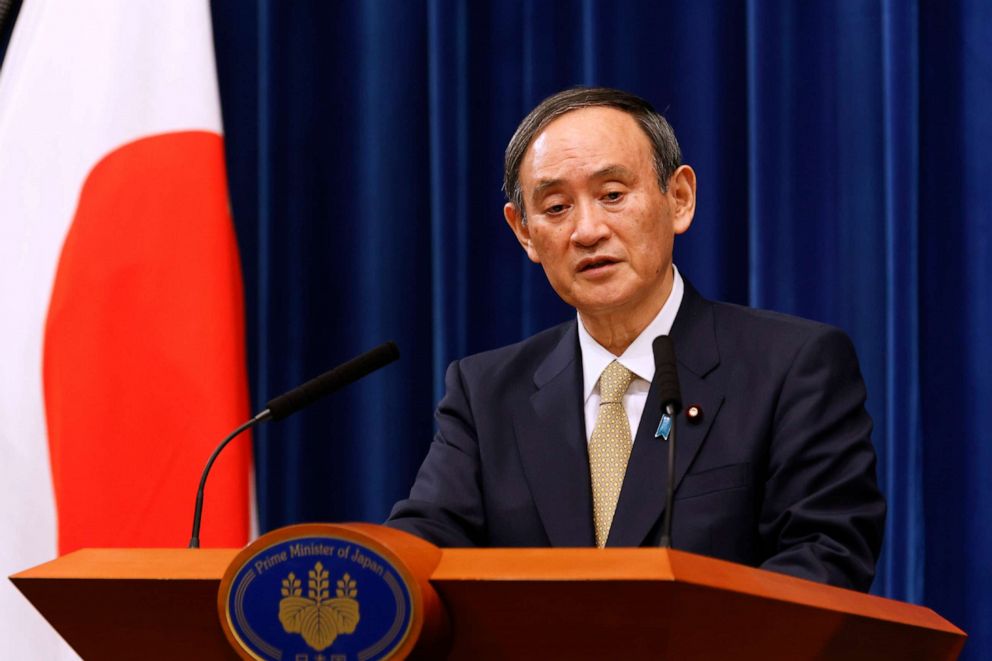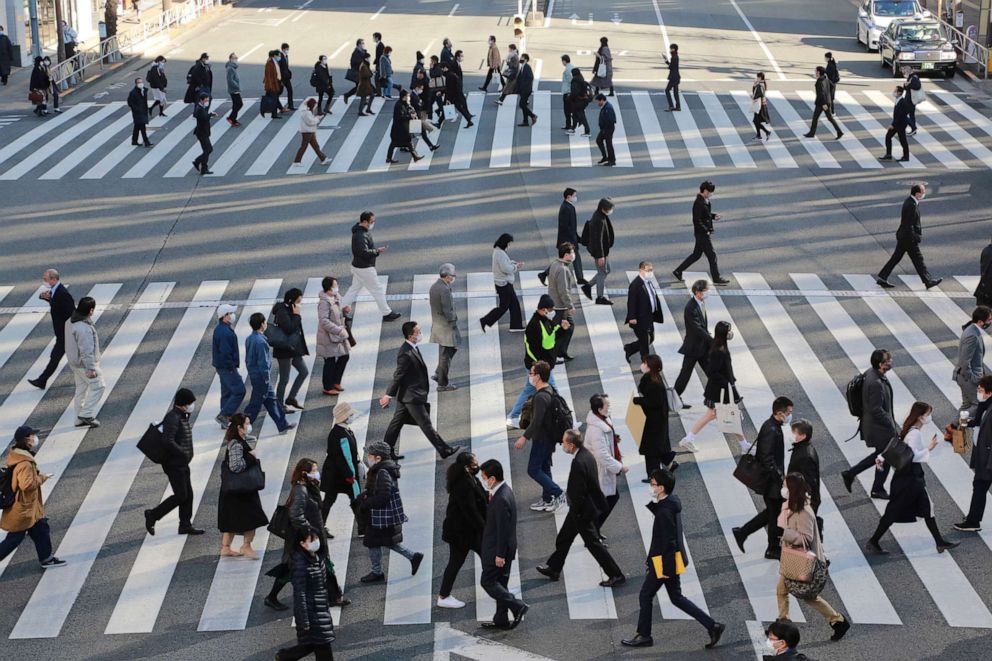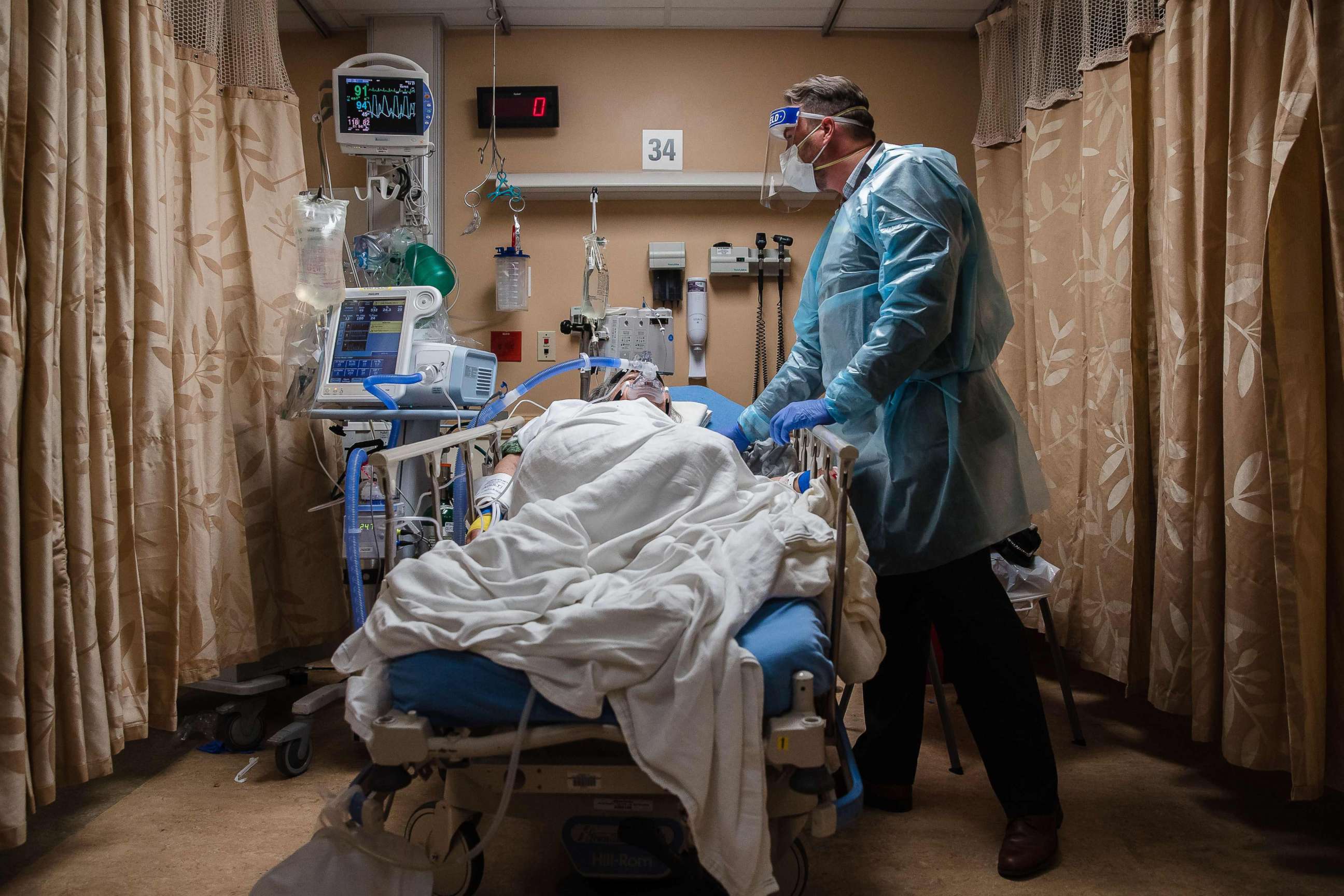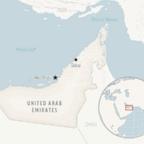Japan declares state of emergency in 7 more prefectures
Japanese Prime Minister Yoshihide Suga declared a state of emergency in seven additional areas on Wednesday, as COVID-19 cases continued to climb.
The latest state of emergency was declared for the prefectures of Osaka, Hyogo, Kyoto, Aichi, Gifu, Fukuoka, and Tochigi.
The move comes one week after Suga declared a state of emergency in Tokyo and three neighboring prefectures due to rising infections and a growing death toll.
A state of emergency declaration gives the governors of those respective regions the authority to ask residents for cooperation in efforts to curb the spread of the virus. There are currently no legal ramifications for non-compliance.

Under the state of emergency, which takes immediate effect and is expected to end Feb. 7 for all 11 prefectures, Suga said governors will ask residents to refrain from dining out and to stay home after 8 p.m. unless for essential reasons. They will also ask companies to decrease the number of employees commuting to work by 70%.
Suga said bars and restaurants will be asked to stop serving alcohol by 7 p.m. and to close by 8 p.m. Governors may disclose the name of the businesses that don't comply, while those that do will be given 1.8 million Japanese yen ($17,000) per month.
Spectator events will be limited to an audience of 5,000 people. Schools will not be asked to close, according to Suga.

Suga's predecessor, Shinzo Abe, declared a nationwide state of emergency relatively early in the pandemic in April, which lasted for a month. At that time, residents were asked to reduce person-to-person contact by 80% and to practice "jishuku," or "self-restraint," by staying at home and closing non-essential businesses.
The Japanese Ministry of Health, Labor and Welfare registered 4,521 newly confirmed cases of COVID-19 as well as 51 additional deaths from the disease on Tuesday, bringing the country's cumulative total to 295,257 cases with at least 4,144 deaths.
ABC News' Anthony Trotter contributed to this report.





